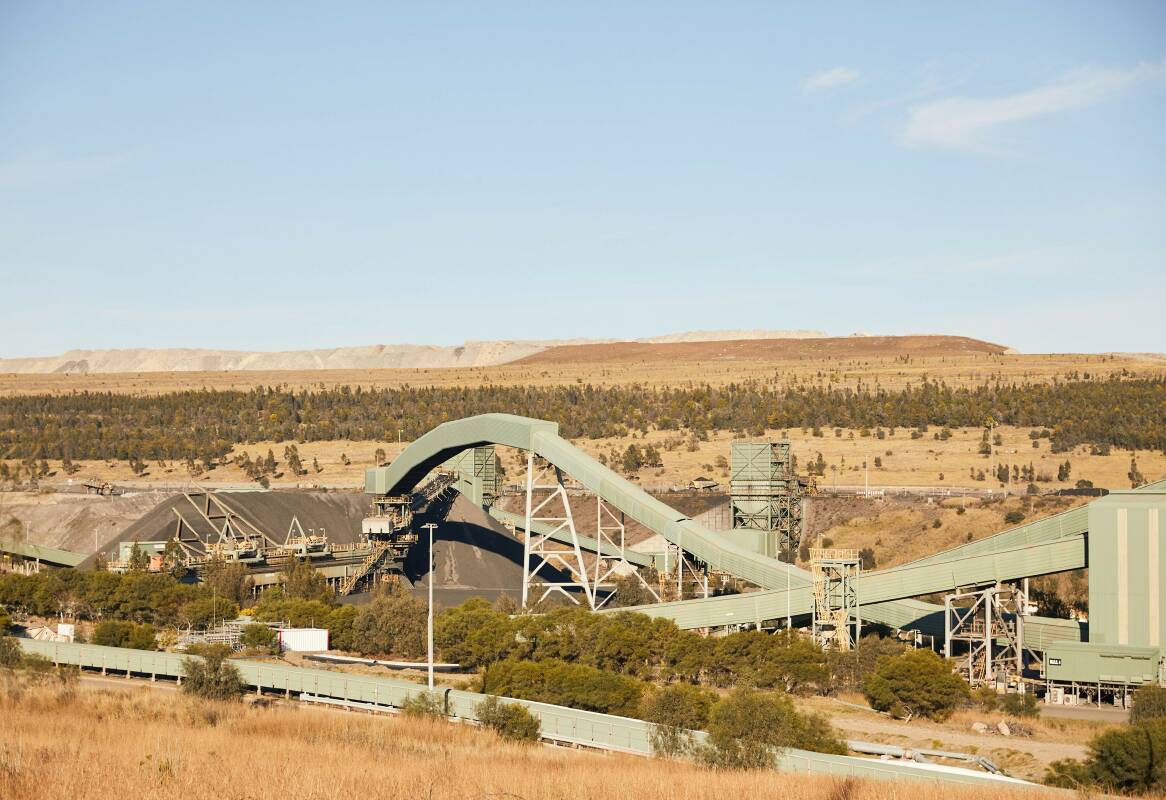
CONCERNS have been raised that forcing export coal mines to reserve up to a tenth of their output for domestic power stations could mean the return of coal trucks to the Hunter roads, reversing the successful results of a long community campaign to force all coal movements onto rail.
Fearing a shortage of coal for the National Electricity Market, the state and federal governments passed respective Energy and Utilities Administration Amendment Acts in the days before Christmas, with a series of directions to the coal industry as to how the Act would be interpreted.
The original price cap of $125 a tonne for domestic coal was to have applied to a handful of mines that had been supplying domestic coal over the past three years, with the aim of setting aside a reported 18.6 million tonnes between April 1 this year and June 1 next year.
Last week, NSW Treasurer and Energy Minister Matt Kean announced that the policy would apply to all NSW mines, prompting a flurry of criticism from the coal industry, which says it was blindsided by the announcement after a series of meetings between industry representatives and bureaucrats charged with implementing the policy.
Alerted to concerns that trucks might be needed to deliver at least some of the coal, the Newcastle Herald put the question to Mr Kean's office yesterday.
A departmental response noted that that "all NSW coal-fired power stations have rail delivery", but it did not specifically rule out road coal.
"Transport has been raised as an issue with the department, and is one of the factors being considered in finalising allocation of the total required volume between miners."
Mr Kean's office said it had expanded the scheme to "more evenly share the burden" of supplying domestic coal when exporters were making "record profits off the back of the war in Ukraine".
NSW Minerals Council CEO Stephen Galilee said yesterday that "extending the policy to coal producers not currently involved in domestic coal supply is a radical change of approach that highlights how extremely rushed this policy process has been".
"The coal price cap policy was decided too quickly and without adequate consultation with coal producers," Mr Galilee said.
"It's a significant market intervention with many potential unintended consequences, including for transport and logistics."
He acknowledged the industry's record profits, but said prices began rising well before the Ukraine war.
Before the power industry was privatised from the 1980s onwards, the NSW government owned the power stations and their generally adjacent dedicated mines. Most of these mines were rolled into Centennial Coal, which is now Thai-owned but which remains a major domestic supplier.
BHP's Mount Arthur mine was a long-time supplier to Bayswater and Liddell power stations but a spokesperson said the conveyor linking the mine with the power stations was pulled down after contracts ended in 2020.
"After an initial briefing from the department we're waiting for further detail on the extended directions could potentially apply to Mt Arthur Coal, which we have previously announced is being managed to closure," the spokesperson said.
"There are a number of commercial and practical implications that would have to be managed under an extended direction."
Although the Central Coast and Muswellbrook power stations have rail connections, getting coal to those stockpiles from distant mines would presumably require extra trains, or at least a rearrangement of schedules, to supply the added coal.
The NSW Department of Planning and Environment told the Herald that although coal companies were directed to make coal available, "the directions are not intended to require the physical delivery of coal produced by a specific miner to a power station".
"For example, coal suppliers could use contractual or swap opportunities to meet any supply agreement with a power station," a spokesperson said.
"Direct physical delivery would not be needed if other solutions are available."

To see more stories and read today's paper download the Newcastle Herald news app here.







